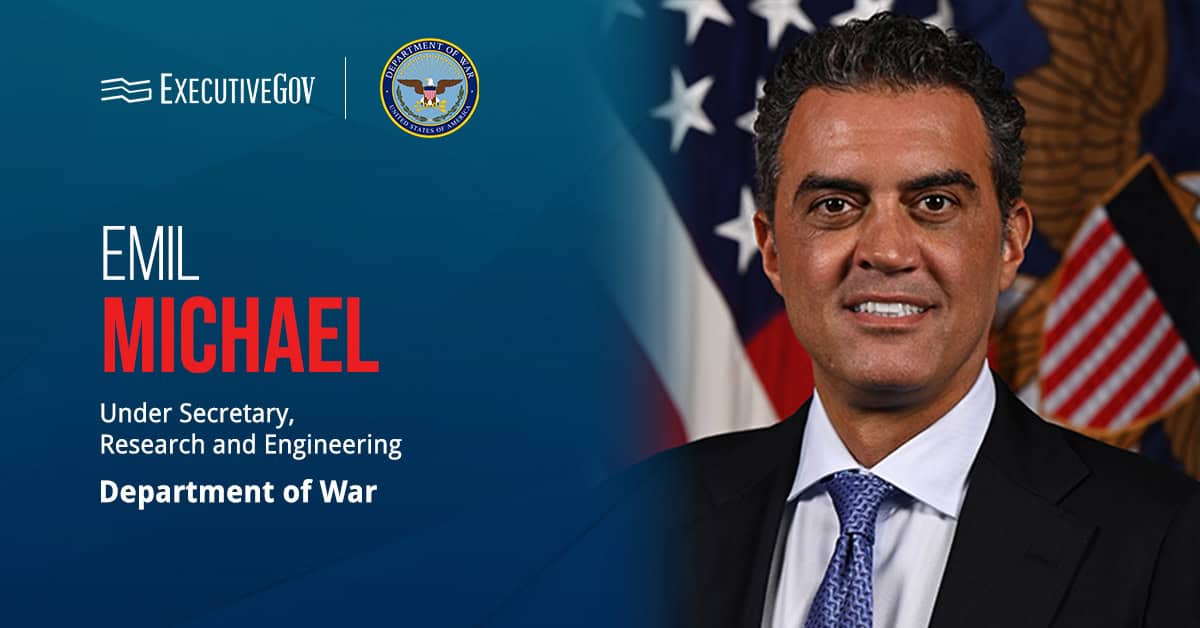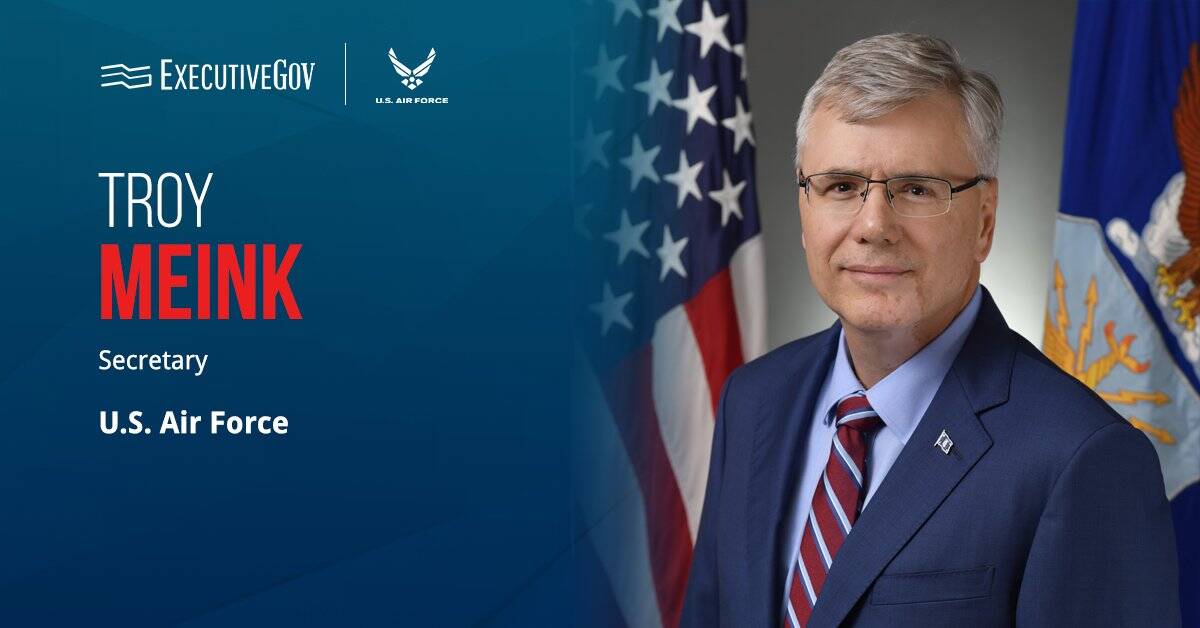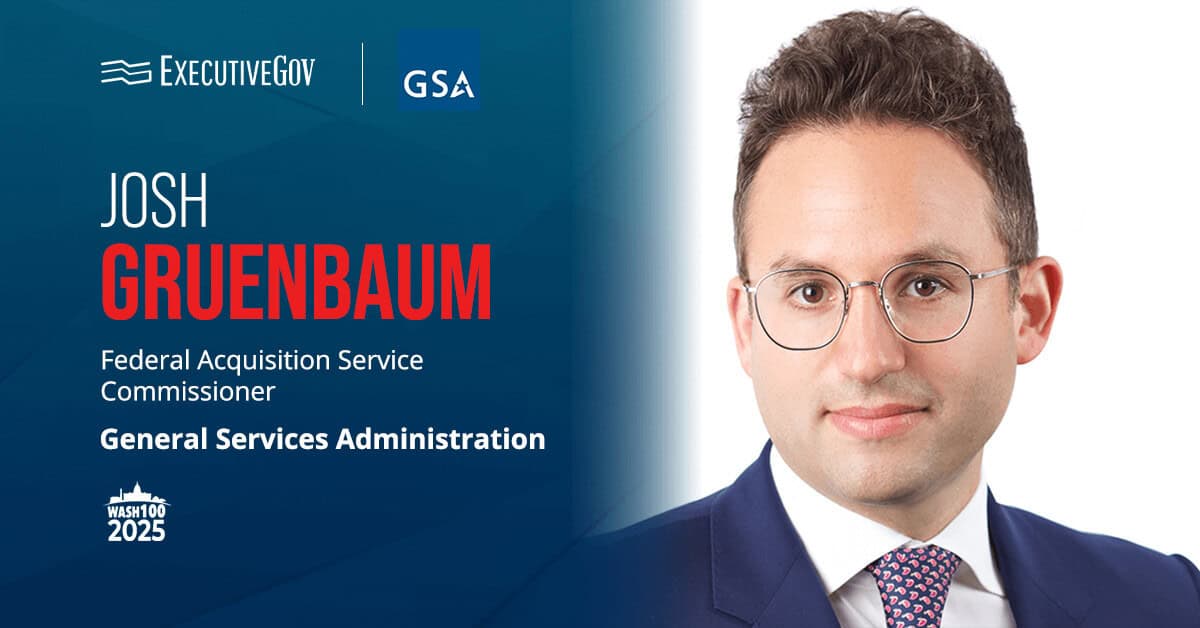Col. Joshe Raetz, chief of staff for the U.S. Army's 1st Special Forces Command, said Tuesday at the TechNet Augusta event that his group wants to apply the service's information warfare capabilities to standard military units more frequently.
Raetz said his team integrated with the service's I Corps as part of a special operations joint task force during the Army Defender Pacific exercise in July, C4ISRnet reported Thursday.
He noted that information warfare influenced the environment and allowed forces to articulate across both information and operational landscapes.
"This vital contribution allowed the joint force and Army to seize the initiative and dominate the information environment," he said.
The colonel said Army special forces now want to partner with conventional units more often, as the exercise demonstrated the success of testing information warfare with regionally aligned forces.





